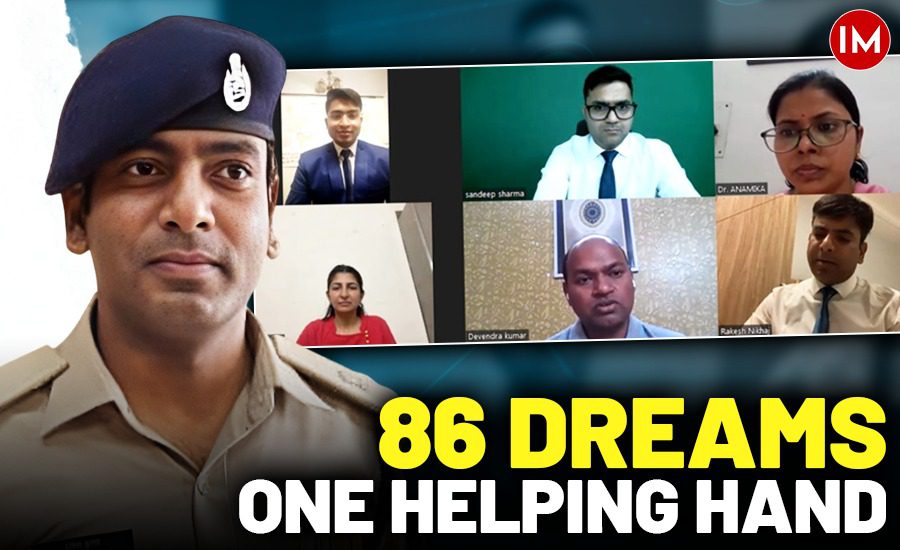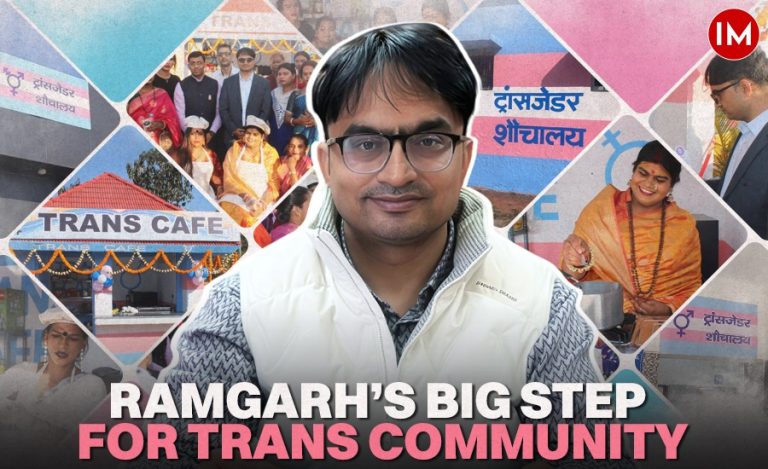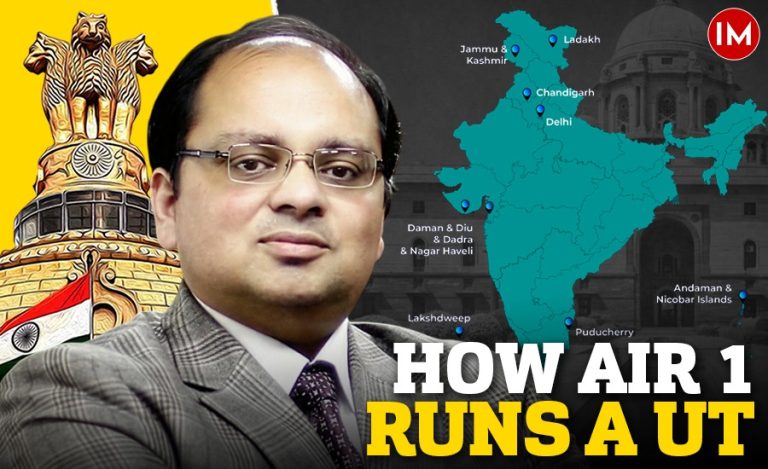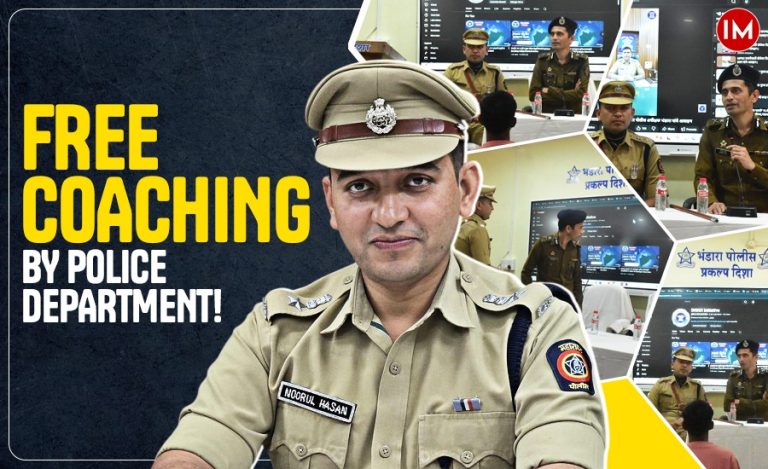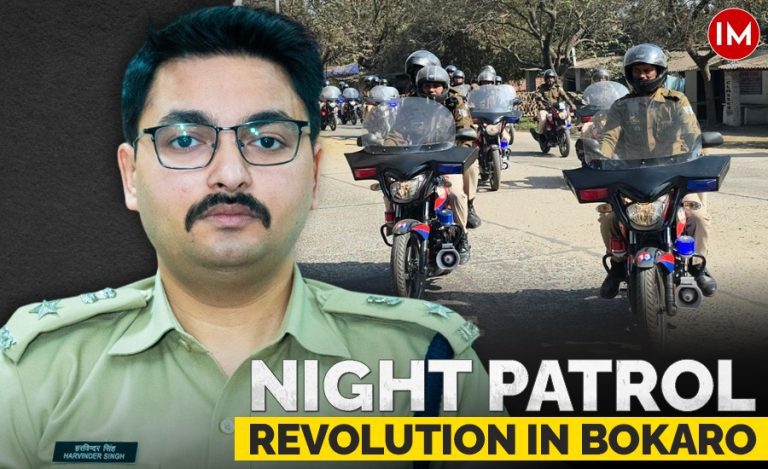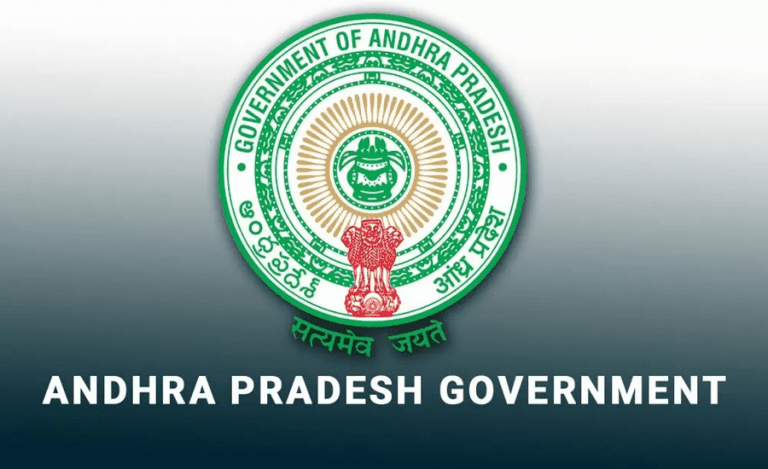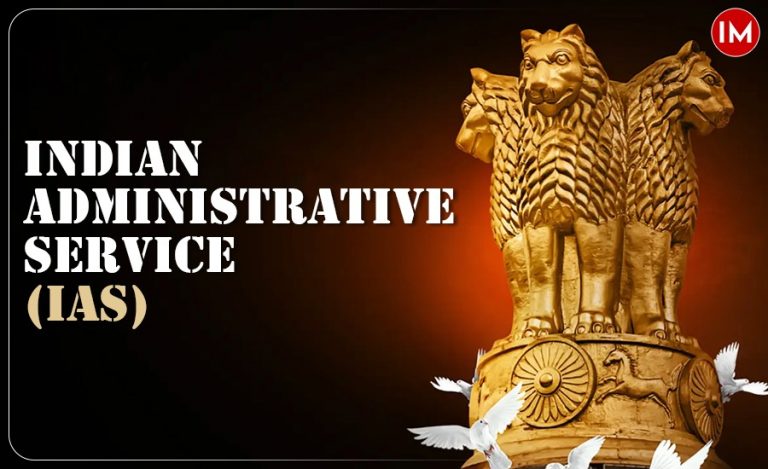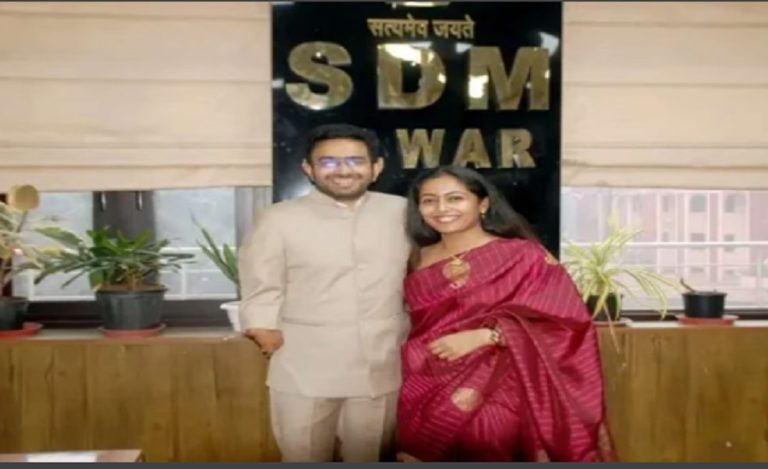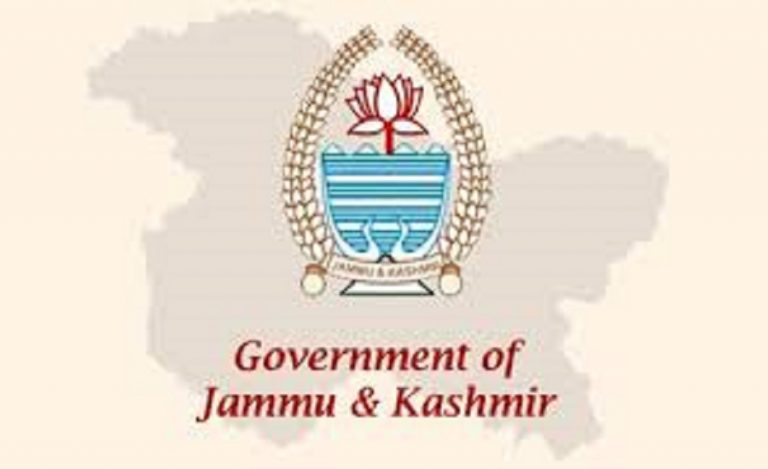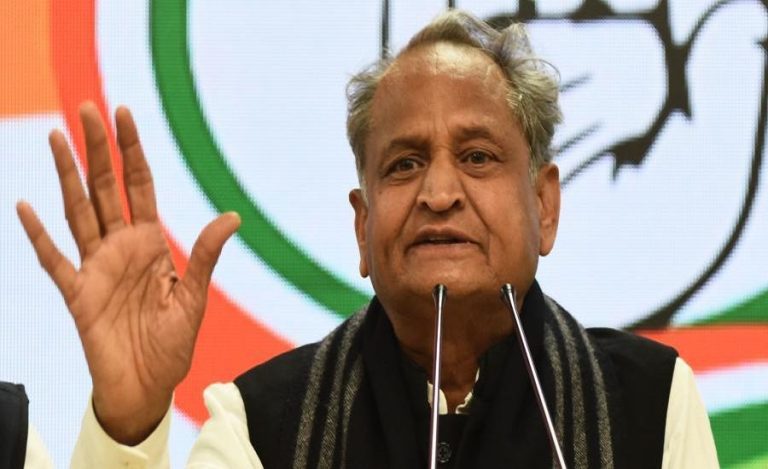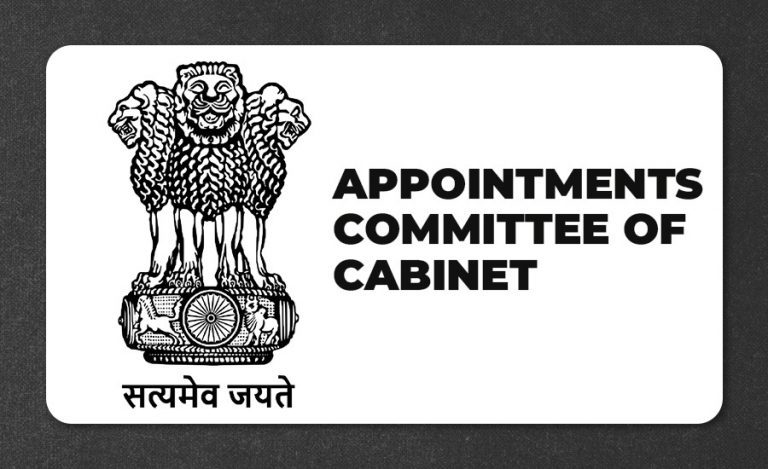In the demanding world of UPSC preparation, where even the best falter at the final hurdle of the personality test, one man has been quietly scripting success stories. Rakesh Nikhaj, a 2012-batch CISF Deputy Commandant currently posted on temporary assignment at Srinagar’s central jail, has created an initiative that has become a lifeline for aspirants across India.
His voluntary campaign, ‘Invisible Helping Hand’, has this year propelled 86 candidates into the Central Armed Police Forces, shattering last year’s record of 53. For aspirants staring at rejection after clearing written tests, physicals, and medicals, this initiative has been the difference between a dream realized and a dream deferred.
“It’s about serving society beyond duty. Whatever change we are bringing about may not seem significant in quantum, but when more people come together to contribute, the impact becomes visible,” he shared in an exclusive conversation with Indian Masterminds.
THE SPARK BEHIND THE MISSION
The idea for Invisible Helping Hand was born out of a simple yet powerful observation: the stark gap in exposure between rural and urban candidates. While some aspirants polish their personalities in the best colleges of Delhi, others arrive from modest schools in Bihar, Uttar Pradesh, or the interiors of India with little guidance on how to face the UPSC board.
“The level of competition is the same for everyone,” explains Nikhaj. “But someone from Delhi University has an edge simply because of the exposure they have received. Those from rural backgrounds lack that chance, and we try to fill the gap.”
What began as a small attempt to guide candidates has today become a structured exercise with mock interviews, personality-building sessions, and instant feedback loops, all conducted virtually through Facebook, WhatsApp, and Telegram.
A POWERHOUSE OF GUIDANCE
This year, Invisible Helping Hand was not just Nikhaj’s effort. It became a collective movement. Devendra Kumar, Director in the Cabinet Secretariat, joined in. So did academicians like Amit Akshay, exam mentors, and past UPSC toppers such as Arpita Gupta, a geophysicist. Officers from the Indian Revenue Service, experienced faculty, and even fresh recruits awaiting training stepped forward to contribute.
Together, they simulated real UPSC interview boards, complete with three to five panellists, tough questioning, and sharp feedback. “We replicate everything except the physical setting of Dholpur House,” Nikhaj explains.
This season, the initiative conducted 121 hours of mock interviews, reaching 262 out of 1,514 CAPF interviewees nationwide. Each candidate received at least 30 minutes of grilling and feedback and sessions that often stretched to 40 minutes despite Zoom’s time caps.
THE HUMAN SIDE OF SERVICE
Running such an initiative comes at a personal cost. With a demanding job, Nikhaj squeezes sessions into his evenings, often eating into time meant for his wife and children. Yet, he sees it as a responsibility.
“Whatever time I am stealing from my family, I am using for a good purpose. If large numbers of people come forward, we will be able to see something truly meaningful happen,” he told Indian Masterminds.
This year, the outcome spoke louder than words. Over 95 candidates cleared the CAPF interview successfully, and 86 made it into the final list, an achievement that drew national media attention.
NOT JUST COACHING, BUT CAPACITY-BUILDING
Invisible Helping Hand is more than just interview practice. It is about shaping mindsets. Aspirants are taught how to handle questions on current affairs, how to present their Detailed Application Forms with confidence, and how to project the attributes needed for uniformed service. Motivational sessions with officers and experts from different fields add another layer of learning.
“We want them to walk into the UPSC interview room with the belief that they belong there,” says Nikhaj. “It’s about convincing the board that you have the qualities for the job you aspire to.”
BREAKING RECORDS, INSPIRING FUTURES
In 2023, the initiative celebrated when 53 aspirants made it into CAPF through its guidance. In 2024, the number shot up to 86, nearly doubling! For many, it was the difference between disappointment and donning the uniform.
But for Nikhaj, numbers are secondary. What matters is whether those who once struggled now look back and extend a hand to the next generation. “It is incumbent upon all of us to contribute in whatever ways we can,” he says. “We all remember our struggles. Why not make it easier for those who come after us?”
A TEACHER’S DAY TRIBUTE
On Teacher’s Day, when the nation salutes those who shape futures, the story of CISF Deputy Commandant Rakesh Nikhaj reminds us that teaching need not always happen in classrooms. Sometimes, it takes place on a Zoom call at 9 PM, where an officer in uniform, after finishing a long day of duty, prepares another young mind to face one of India’s toughest interviews.
And sometimes, that unseen act of mentorship helps 86 dreams take flight in a single year.

